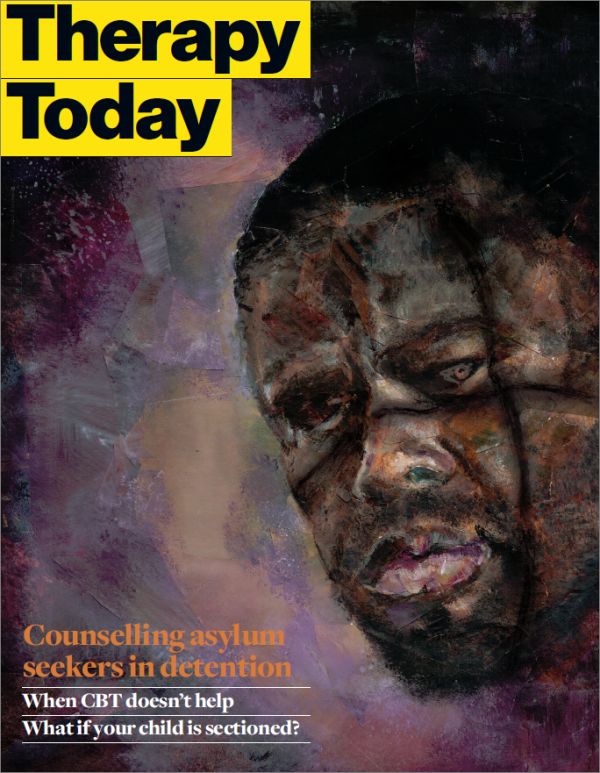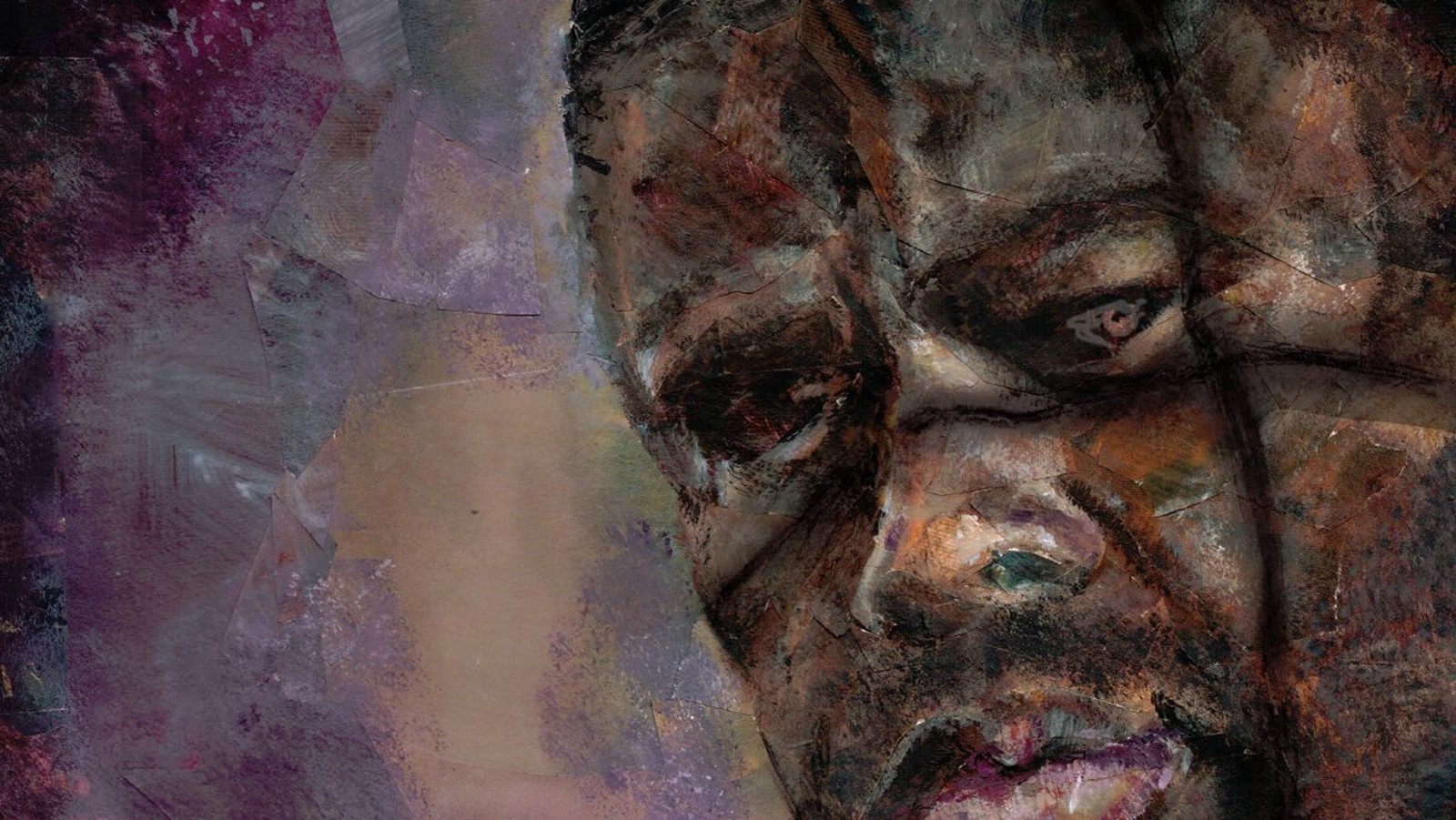In this issue
Features
In the shadow of detention (free article)
Jude Boyles and Mohammed Shaez describe the role of counsellors supporting asylum seekers.
When CBT doesn’t help
Helen Hadfield deplores the predominance of CBT.
Empathy key to CBT
Rod Holland revisits CBT’s fundamental principles.
The strength to change
Mark Farrall and Nick Young on a new approach to tackling men’s domestic violence.
Face to face with Rembrandt
Peter Cook describes a moment of truth inspired by the Old Master.
What if it’s your child?
A first-person account from a parent and therapist whose child has been sectioned.
Peer supervision and collaborative power
Emma Wilkinson explores the challenges of peer supervision.
The value of place
Claire Sparrow works from a shepherd’s hut in her garden.
Regulars
Your views
Jeanine Connor: I'm judged therefore I am
A college counsellor: Student or suspect?
Anon: My year working in the NHS
News focus: Opening the door to Muslim women
South Asian Muslim women and girls are among the hardest to reach and hardest to help. Catherine Jackson reports from a recent conference
How I became a therapist
Emily Wheeler
Dilemmas
Managing the space outside the therapy room

Members and subscribers can download the pdf from the Therapy Today archive.
Editorial: The unsung heroes
I want to pick up on something that Andrew Reeves has written in his column this month about how easy it is to get so distracted by the many challenges the profession faces that we forget to acknowledge the work that counsellors and psychotherapists, the members of BACP, do every day.
You work in all sorts of circumstances, often for little or no reward, completely committed to your clients, often listening to the most appalling experiences while working to the highest professional and ethical standards. I think this is reflected in the pages of this journal every month, in the accounts we publish of therapists’ work in areas that society so often doesn’t really want to know about.
This month, for instance, we have Mark Farrall and Nick Young’s description of their innovative therapeutic programme with men who are violent towards their partners, describing how, with patience and persistence, these men can engage with positive family relationships in which their partners and children feel less afraid. Then there’s the News Focus on Muslim counsellors reaching out to offer a safe space to fellow Muslim women who may be subject to strict cultural codes and traditions that act to keep them locked away from any outside help. These counsellors are effectively also pioneers.
Jude Boyles’ account, co-written with her client Mohammed, about the work of counsellors at Freedom from Torture is another example. Here they describe from the perspective of counsellor and client what it is like to be detained and at risk of being deported back to a country where the asylum seeker and their family may face further torture and even death. Such counsellors are a lifeline to asylum seekers who often have no other network of support in this country. Where the state is failing asylum seekers such as Mohammed by reneging on its policy against detention of torture survivors and creating conditions in which clients are retraumatised by incarceration and threat of deportation, counsellors at organisations like Freedom from Torture are walking alongside their fellow human beings in their darkest hour, ringing them daily throughout their detention, offering telephone counselling to help them manage their fears, encouraging them not to give up hope.
I agree with Andrew – work like this is nothing short of breathtaking.
Sarah Browne
Editor
